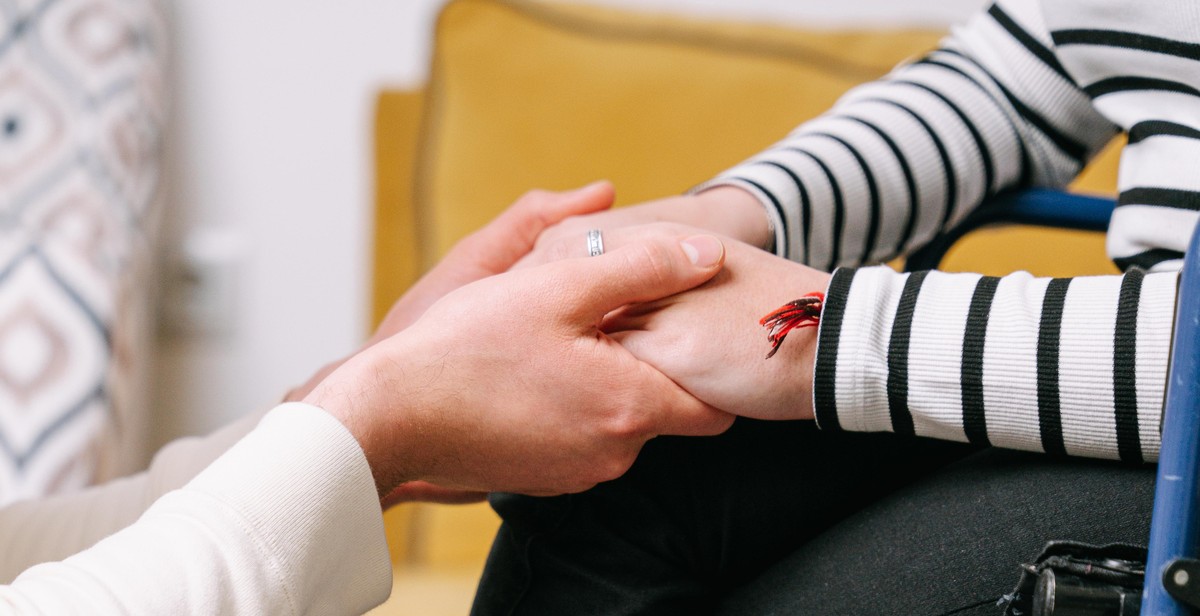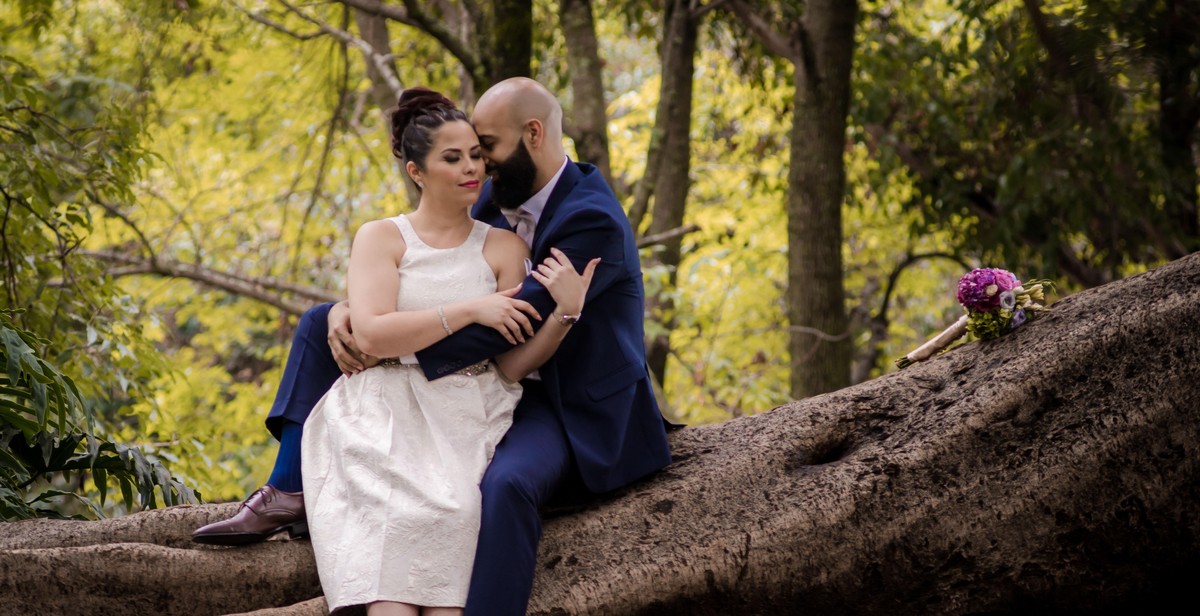Let Love Breathe: How to Deal with Possessiveness in Relationships
As a love and relationships psychology guru with over a decade of experience, I have seen countless couples struggle with possessiveness in their relationships. Possessiveness can manifest in many different ways, from jealousy and controlling behavior to constantly checking in on your partner. It can stem from a variety of underlying issues, such as insecurity, fear of abandonment, or a need for control.
Dealing with possessiveness can be a delicate and challenging process, but it is essential for the health and longevity of your relationship. In this article, I will share my insights and personal experience on how to navigate this complex issue and create a more loving and trusting relationship.
The Dangers of Possessiveness
Possessiveness can be harmful to both partners and the relationship as a whole. It can lead to feelings of resentment, mistrust, and even emotional or physical abuse. It can also stifle growth and prevent each partner from pursuing their individual goals and interests.
It is crucial to recognize and address possessive behavior before it becomes toxic and irreparable. By taking proactive steps to foster trust, communication, and mutual respect, you can build a stronger and more fulfilling relationship.

What is Possessiveness?
In relationships, possessiveness is the feeling of wanting to own or control the other person. It is an unhealthy behavior that stems from fear, insecurity, and jealousy. Possessiveness can be exhibited in various forms, including emotional, physical, and sexual possessiveness.
Emotional Possessiveness
Emotional possessiveness is when one partner wants to monopolize the other’s time, attention, and affection. They may become jealous and suspicious of their partner’s interactions with others, even if those interactions are completely innocent. They may also try to isolate their partner from friends and family and make them solely dependent on them for emotional support.
Physical Possessiveness
Physical possessiveness is when one partner tries to control the other’s movements and actions. This can include restricting their partner’s freedom to go out, controlling what they wear, or even physically restraining them from leaving. It can also manifest as physical aggression, such as hitting, slapping, or pushing.
Sexual Possessiveness
Sexual possessiveness is when one partner tries to control the other’s sexual behavior. This can include demanding sex at all times, trying to dictate what kind of sexual acts they engage in, or even accusing them of infidelity without any evidence.
Signs of Possessiveness
- Constantly checking up on the other person
- Getting angry or upset when the other person spends time with friends or family
- Trying to control what the other person wears or how they look
- Accusing the other person of cheating without any evidence
- Restricting the other person’s freedom to go out or do things they enjoy
- Using physical force or aggression to control the other person
- Monitoring the other person’s phone or social media activity
- Feeling jealous and insecure about the other person’s interactions with others
It is important to recognize the signs of possessiveness in a relationship and address them before they escalate. Possessiveness can lead to a toxic and abusive relationship if left unchecked. In the next section, we will discuss how to deal with possessiveness in relationships.

The Root of Possessiveness
When it comes to relationships, possessiveness is often the result of underlying issues such as insecurity, fear, past trauma, and lack of trust. Understanding these root causes can help you deal with possessiveness in a healthy and productive way.
Insecurity and Fear
Possessiveness can stem from feelings of insecurity and fear. You may be afraid of losing your partner or worried that they will find someone better than you. This fear can lead to controlling behaviors, such as monitoring their every move or becoming jealous of their interactions with others.
To overcome possessiveness rooted in insecurity and fear, it is important to work on building your self-confidence and trust in the relationship. Focus on your own strengths and accomplishments, and remind yourself of the reasons why your partner chose to be with you. Communicate openly with your partner about your feelings and fears, and work together to establish healthy boundaries and expectations.
Past Trauma
Possessiveness can also be a result of past trauma, such as a previous relationship where you were cheated on or betrayed. This type of possessiveness can be especially difficult to overcome, as it may be tied to deep-seated emotional wounds.
To address possessiveness rooted in past trauma, it is important to seek professional help, such as therapy or counseling. You may also need to work on forgiveness and letting go of past hurts, in order to move forward in a healthy and trusting relationship.
Lack of Trust
Possessiveness can also be a symptom of a lack of trust in the relationship. If you do not trust your partner to be faithful or honest, you may feel the need to control their actions and limit their interactions with others.
To build trust in the relationship, it is important to communicate openly and honestly with your partner. Be transparent about your actions and intentions, and encourage your partner to do the same. Work on building a foundation of mutual respect and understanding, and establish clear boundaries and expectations for the relationship.

The Negative Impact of Possessiveness
While it is natural to want to feel loved and secure in a relationship, possessiveness can have a negative impact on both partners. Here are some of the ways that possessiveness can harm a relationship:
Jealousy
Jealousy can be a major problem in possessive relationships. When one partner is possessive, they may feel threatened by any interaction their partner has with others, even if it is innocent. This can lead to constant suspicion, accusations, and arguments. Over time, this kind of behavior can erode trust and create a toxic environment in the relationship.
Controlling Behavior
Possessiveness often leads to controlling behavior. A possessive partner may try to control their partner’s actions, behavior, and even thoughts. This can manifest in many ways, such as monitoring their partner’s phone and social media, dictating what they wear, where they go, and who they spend time with. This kind of behavior is not only unhealthy but can also be dangerous.
Isolation
Possessive partners often try to isolate their partner from friends and family. They may discourage their partner from spending time with anyone other than them or try to turn their partner against their loved ones. This kind of behavior can lead to feelings of loneliness, depression, and even anxiety.
| Jealousy | Controlling Behavior | Isolation |
|---|---|---|
| Constant suspicion and arguments | Monitoring and dictating behavior | Discouraging social interaction |
| Erodes trust and creates a toxic environment | Unhealthy and dangerous | Feelings of loneliness and anxiety |
It is important to recognize possessive behavior in a relationship and address it before it becomes a bigger problem. Communication, trust, and respect are key components of a healthy relationship, and possessiveness can undermine all of these. With the right approach, possessiveness can be overcome, and a healthy, loving relationship can flourish.

How to Deal with Possessiveness
Possessiveness in a relationship can be suffocating and damaging to both partners. It is important to address possessiveness as soon as possible to prevent it from escalating. Here are some ways to deal with possessiveness:
Communicate Openly
Communication is key in any relationship, but it is especially important when dealing with possessiveness. Talk to your partner about how their possessiveness is affecting you and the relationship. Be honest and clear about your feelings and boundaries. Encourage your partner to share their own feelings and concerns.
Set Boundaries
Setting boundaries is essential when dealing with possessiveness. Make it clear to your partner what behaviors are acceptable and what are not. Stick to your boundaries and enforce consequences if they are crossed. This will show your partner that possessive behavior will not be tolerated.
Encourage Independence
Possessiveness often stems from insecurity and a fear of losing the relationship. Encourage your partner to pursue their own interests and hobbies. Allow them to spend time with friends and family without you. This will help build their confidence and trust in the relationship.
Practice Trust
Trust is the foundation of any healthy relationship. Work on building trust with your partner by being honest and reliable. Avoid behaviors that may trigger their possessiveness, such as flirting with others or keeping secrets. Trust takes time to build, but it is essential for a healthy relationship.
Seek Professional Help
If possessiveness is causing significant problems in your relationship, it may be helpful to seek professional help. A therapist or counselor can help you and your partner identify the root causes of possessiveness and develop strategies to address it. They can also provide a safe and neutral space for communication.
Dealing with possessiveness can be challenging, but it is important for the health and longevity of your relationship. By communicating openly, setting boundaries, encouraging independence, practicing trust, and seeking professional help when necessary, you can overcome possessiveness and build a stronger, healthier relationship.

Conclusion
Dealing with possessiveness in relationships can be challenging, but it’s essential to address it before it becomes a bigger problem. It’s crucial to understand that possessiveness stems from insecurity and fear of losing someone you love.
If you’re the possessive partner, it’s essential to work on your self-esteem and trust issues. Recognize that your partner is an individual with their own life and interests and give them the space they need to grow and pursue their passions.
If you’re the partner dealing with possessiveness, it’s important to communicate your feelings and set boundaries. Let your partner know that their behavior is affecting your relationship and work together to find a solution that works for both of you.
Final Thoughts
Love is a beautiful thing, but it requires trust, respect, and understanding to thrive. Possessiveness can destroy a relationship if left unchecked, but with open communication and a willingness to work on the issue, it’s possible to overcome it and build a stronger, healthier, and more fulfilling relationship.
Remember, love should be about supporting each other’s growth and happiness, not about controlling or possessing the other person. Let love breathe, and your relationship will flourish.
